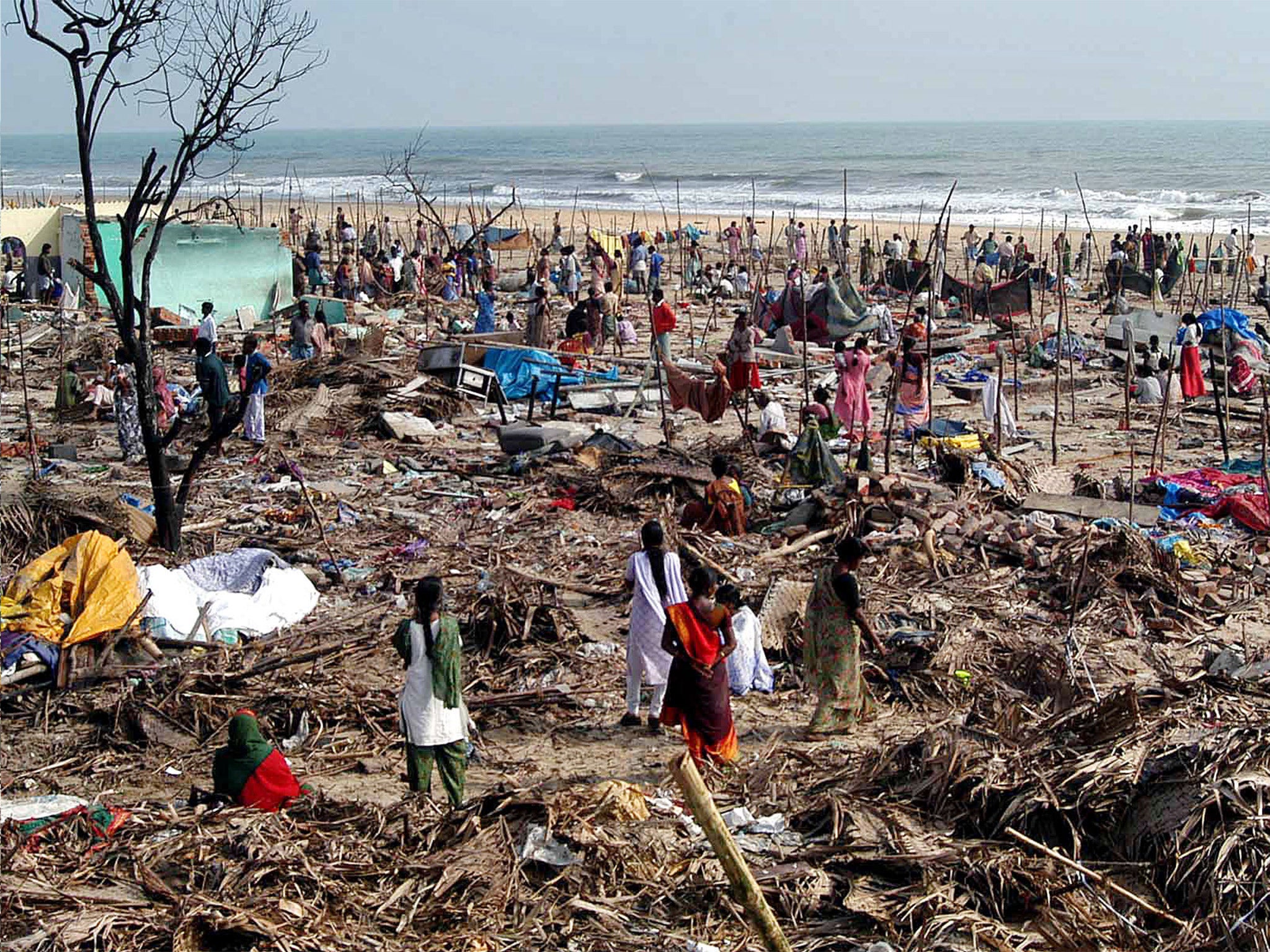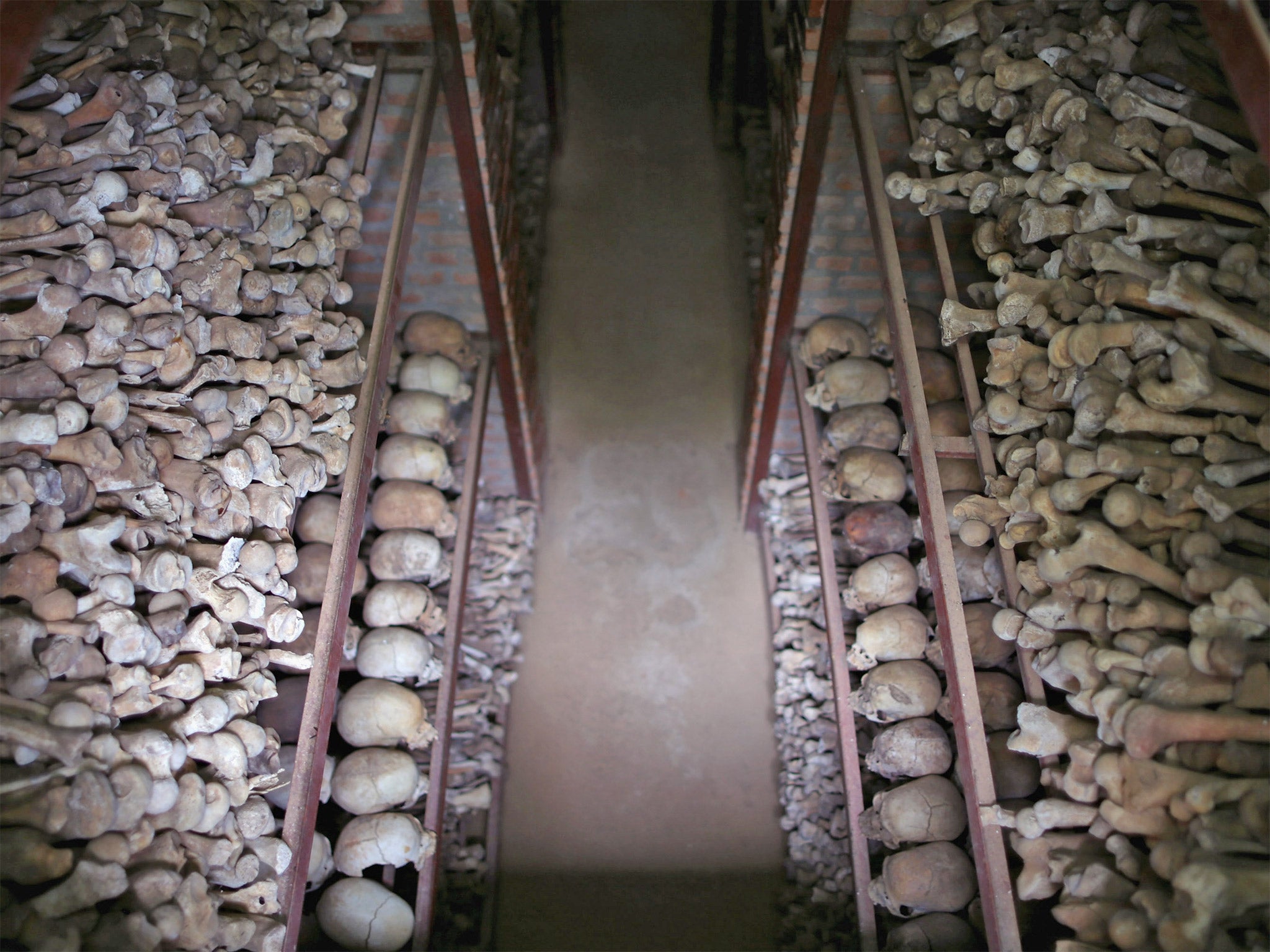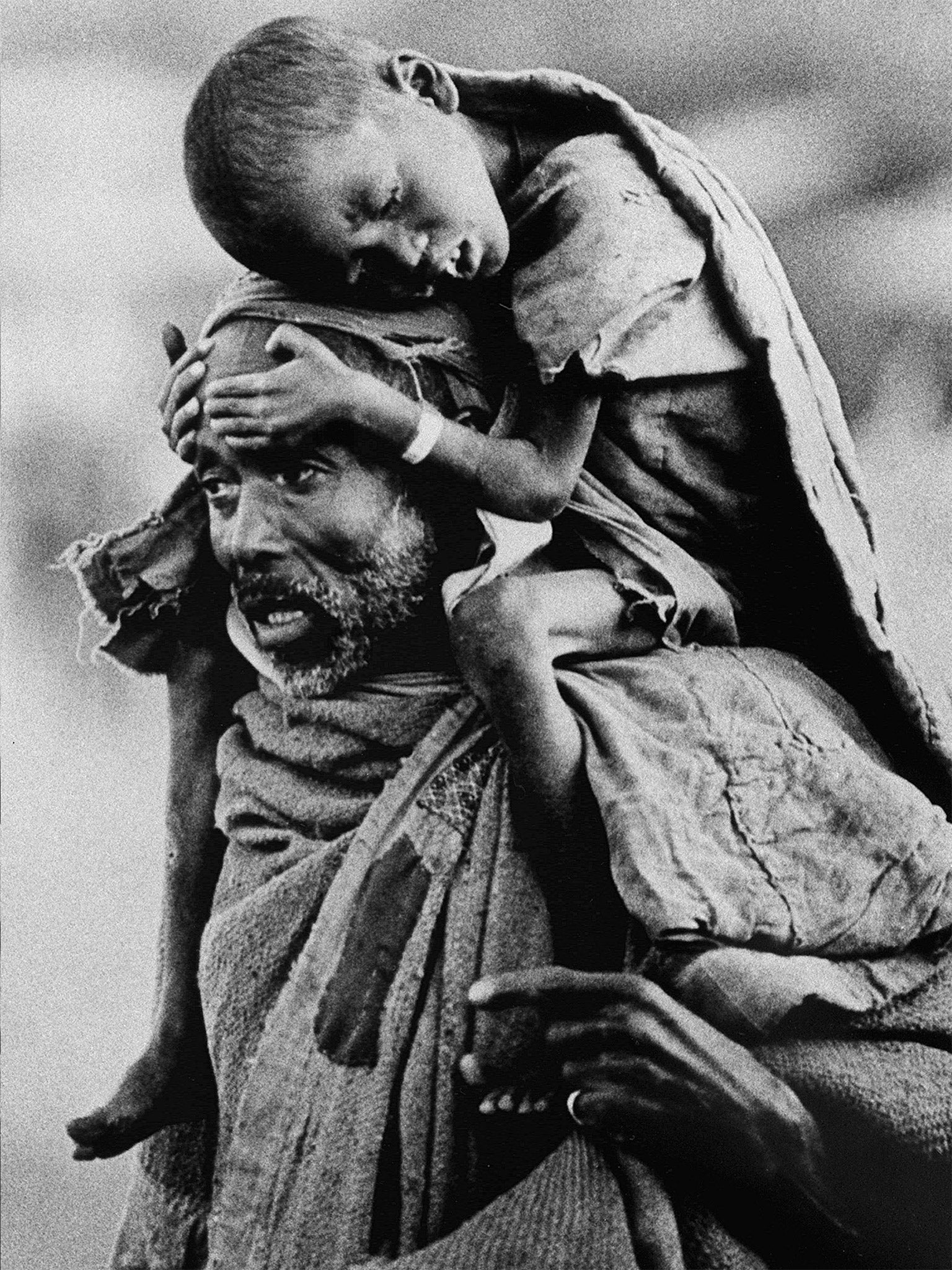Ebola outbreak: The appeal that shows this is no ordinary medical emergency
For the first time in its 50-year history, the Disasters Emergency Committee has issued a call for funds to combat a disease outbreak

Your support helps us to tell the story
From reproductive rights to climate change to Big Tech, The Independent is on the ground when the story is developing. Whether it's investigating the financials of Elon Musk's pro-Trump PAC or producing our latest documentary, 'The A Word', which shines a light on the American women fighting for reproductive rights, we know how important it is to parse out the facts from the messaging.
At such a critical moment in US history, we need reporters on the ground. Your donation allows us to keep sending journalists to speak to both sides of the story.
The Independent is trusted by Americans across the entire political spectrum. And unlike many other quality news outlets, we choose not to lock Americans out of our reporting and analysis with paywalls. We believe quality journalism should be available to everyone, paid for by those who can afford it.
Your support makes all the difference.On 64 previous occasions the Disasters Emergency Committee turned to the British public to spend its own money to alleviate suffering in regions of the world stricken by humanitarian crisis. Today, in the face of an unprecedented crisis in West Africa, Ebola becomes the 65th such appeal.
Run by a small team of permanent staff, the DEC co-ordinates the actions of 13 leading UK charities. It can launch large-scale aid appeals in times of crisis. Organisations involved include Oxfam, Save the Children, and the British Red Cross among others, each of which contribute in the build-up to an appeal by providing experience and expert advice on particular disaster areas.
West Africa’s Ebola outbreak is no longer simply a medical emergency but threatens to become a “humanitarian catastrophe”, the DEC said.
For the first time in its 50-year history, the group has issued an appeal for funds to combat a disease outbreak, warning that Ebola is not just a huge challenge for medics, but is “devastating communities and destroying people’s ability to support themselves”.
Since first being launched in 1963, the DEC has raised more than £1.1bn in aid. It only launches an appeal in the face of a disaster on a widespread scale, and of pressing urgency, when it can be sure its member agencies can work together to provide humanitarian assistance, and when it judges the public is likely to support the cause financially. The committee works both in the UK and abroad, organising to train and dispatch volunteers and humanitarian aid workers to areas affected by war, poverty and natural disasters.
Some of the largest campaigns organised by the DEC to date include the Tsunami Earthquake Appeal in 2004, when the third-largest earthquake on record took place in the Indian Ocean on Boxing Day. Resultant tsunamis caused mass devastation along coastlines of South-east Asia. Over 230,000 people were killed and 14 countries affected by tidal waves reaching up to 30 metres high.

The DEC launched a worldwide appeal within two days on 28 December, raising £392m to provide aid for around 750,000 affected households. A decade before, in 1994, the Rwanda Emergency Appeal raised £37m for those affected by the Rwandan genocide. An estimated 800,000 people were killed between April and June 1994, most of whom were from the Tutsi community, during a conflict with the Hutus sparked by the death of the Rwandan President Juvenal Habyarimana.

Ten years before that, there was the Ethoipia in Famine Fund which followed the DEC’s Famine in Africa Fund. The DEC launched an appeal for aid to support thousands of Ethiopian communities dying of starvation and related diseases. The crisis escalated after a lack of spring rains and spread of disease which destroyed crops. It is estimated that one million people died in Ethiopia alone after months of crop failure, drought and the effects of civil war. The DEC’s Ethiopian appeal raised £5.25m in total and spurred on Band Aid and Live Aid, which featured live celebrities, musicians and other public figures to attract a global audience.
Join our commenting forum
Join thought-provoking conversations, follow other Independent readers and see their replies
Comments